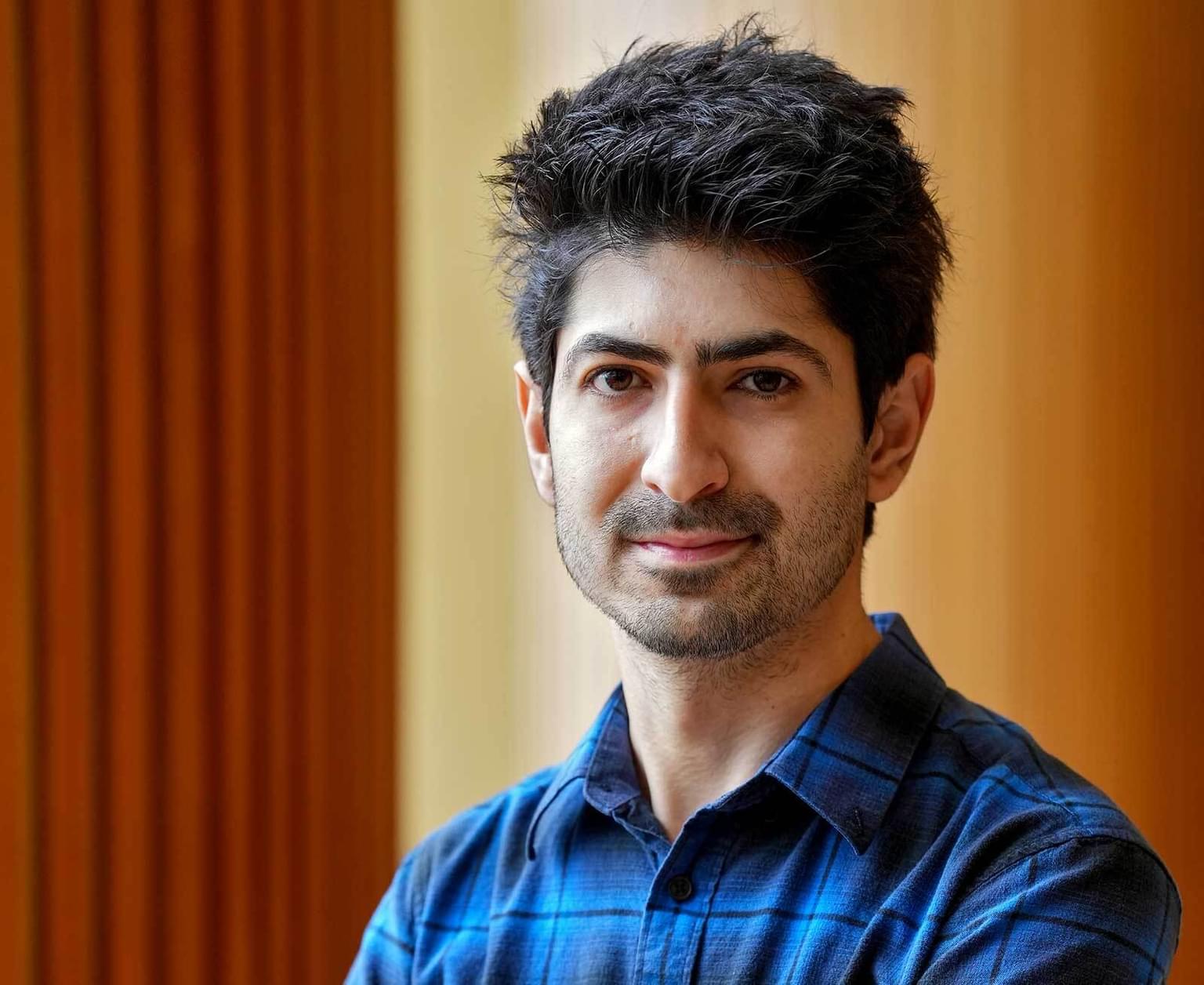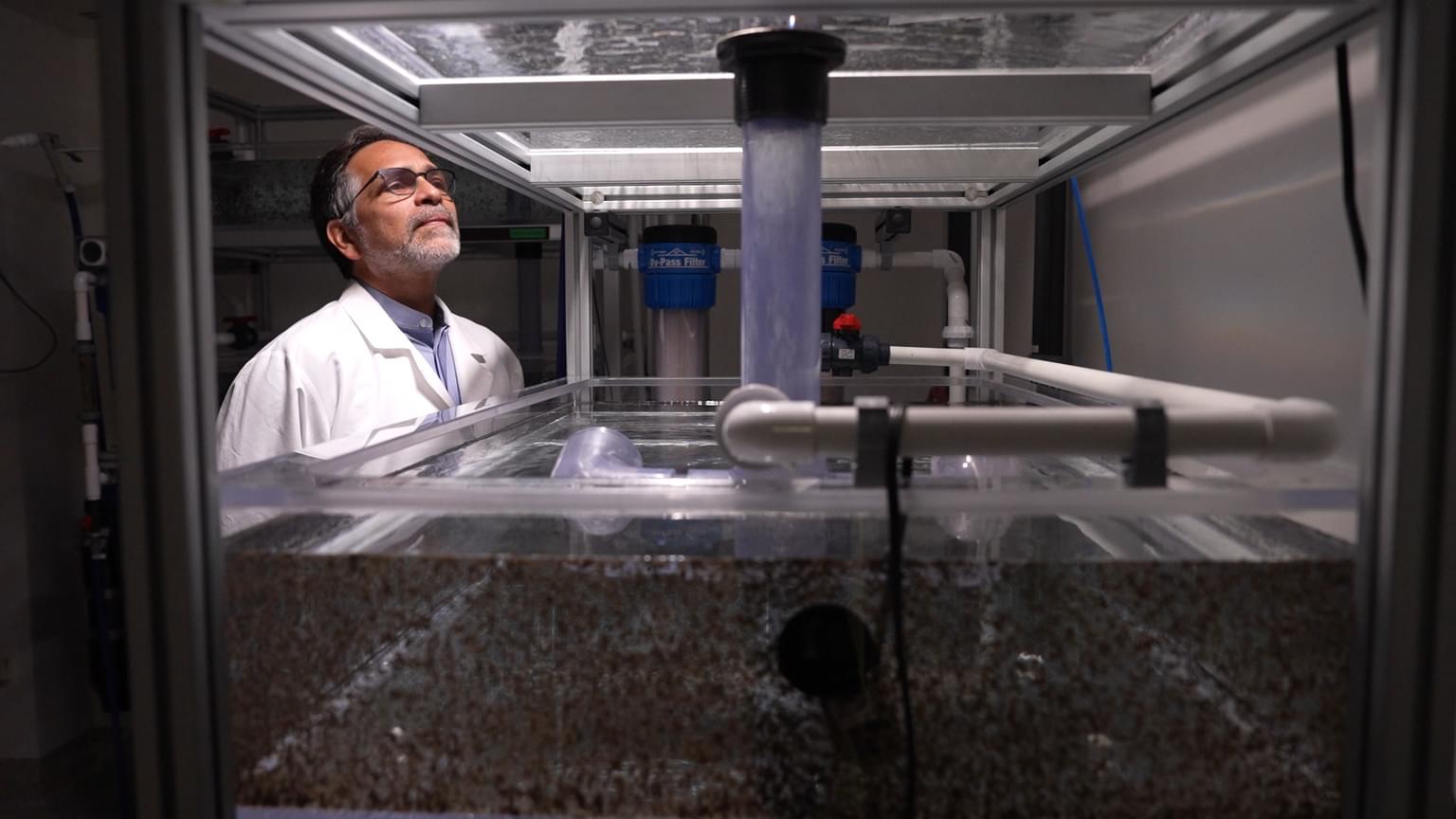By Jessica Johns Pool
Nothing in her professional life has gone according to plan, laughs Mary-Lee Dequéant, PhD. She thought she’d get her PhD in France but ended up earning her degree from the University of Kansas Medical Center in Kansas City. Then, she thought she would return to France after her graduate work but instead detoured to Harvard Medical School for postdoctoral training.
As she finished at Harvard, a chance invitation to give a seminar from a former Stowers colleague, Chad Cowan, PhD, brought her to the new start-up company of Emmanuelle Charpentier (co-inventer of the CRISPR/Cas9 technology) set up in Boston. That seminar led to a job offer, which put a twist in her plans to remain in academia.
Today, Dequéant works as program lead scientist at CRISPR Therapeutics, where she leads programs to develop and launch allogeneic CAR-T cell therapies. CAR-T therapy is an extremely promising cancer treatment in which human immune T cells are genetically engineered to recognize, attack, and kill cancer cells.
“It’s a game changer because the precision and efficiency of our multiplexed editing approach with CRISPR/Cas9 enable the rapid creation of allogeneic CAR-T cells,” explains Dequéant. “I really enjoy this work because you can see all the steps from early-stage research to identifying a treatment that can be advanced to the clinic, with the ultimate goal of developing a transformative medicine.”
Dequéant feels her time at the Stowers Institute prepared her well for her current position, which requires her to lead cross-functional teams and to interact with colleagues from different disciplines, including bench research, manufacturing, toxicology, and regulatory.
“I have to say that the Stowers environment was exceptional,” says Dequéant. “We were encouraged to be cutting-edge, creative, and bold and didn’t have to worry about funding limitations. This approach, combined with the collaborative mindset of the Institute, was a big enabler to making our project happen and successful.”
Findings from her groundbreaking thesis, “Analysis of the transcriptional landscapes of the segmentation clock in mouse and chick embryos: identification of novel cyclic genes,” were published in a 2006 Science paper. This research led to another project that eventually revealed the evolutionary plasticity of the gene regulatory networks across different vertebrate species.
While at the Institute, Dequéant also led a collaborative project supported by DARPA FunBio (an ambitious program aimed at discovering the Fundamental Laws of Biology), involving an international team of bioinformaticians, physicists, and mathematicians to develop new methods for global analysis of gene expression pattern detection in large datasets.
Upon leaving Stowers, Dequéant was attracted to Norbert Perrimon’s lab at Harvard for its reputation for innovation. While there, supported by HHMI and a Starr Cancer Consortium grant award, Dequéant characterized the first immortalization system for embryonic progenitor Drosophila cell lines that can be differentiated in vitro, and used this model to find new regulators of fly muscle stem cells.
Now at CRISPR Therapeutics, her gene editing expertise may assist in the quest to find a last-chance cancer treatment for people without other alternatives.
Dequéant earned an engineering degree from the Institut National Agronomique Paris-Grignon and a master of science from AgroParisTech. A first lab experience at Stanford School of Medicine gave her a taste for developmental biology. She then came to the Stowers Institute when her mentor and former Stowers Investigator Olivier Pourquié, PhD, moved his lab to the Institute.
She thoroughly enjoys living in Boston for its robust biotech community and lively museum and arts scene, but when speaking of Kansas City, it’s clear she misses the Nelson-Atkins Museum of Art, the live jazz and blues shows, and friendly Midwesterners. Finally, she thanks Robb Krumlauf and all of her previous colleagues at the Stowers for their conviviality; the entire experience left her with many excellent memories.



